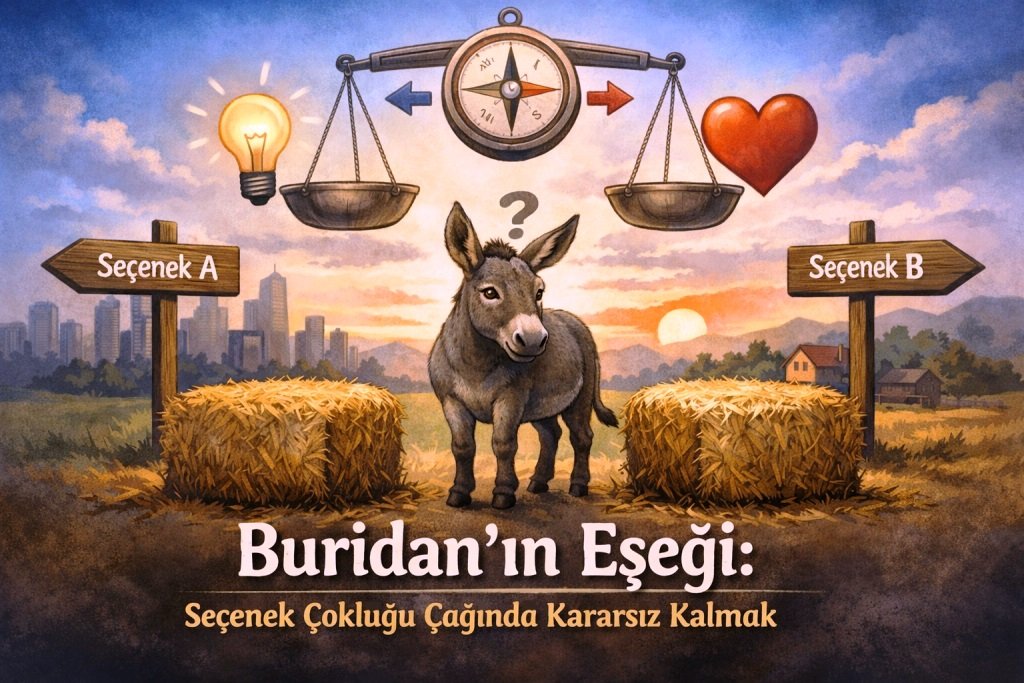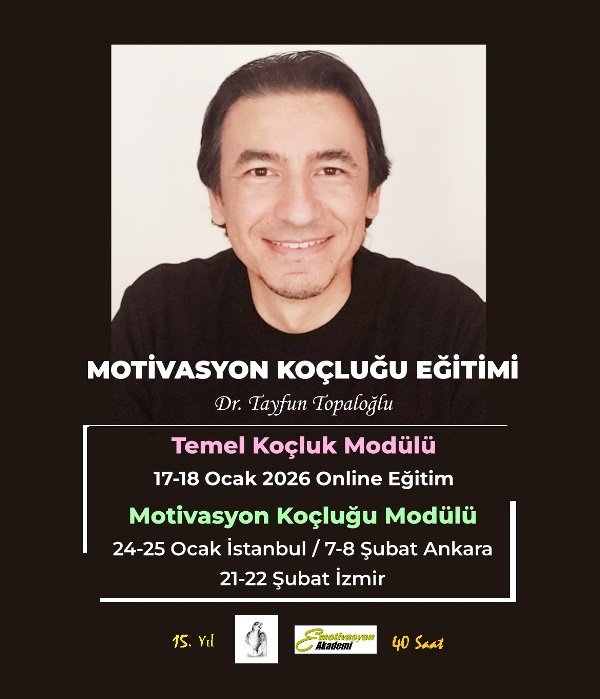Being "Demian"
Hermann Hesse’nin “Demian” kitabını 3 haftada yazdığı söylenir. Ancak okunduğunda böylesi bir kitap bir ömürde yazılamaz diye düşündürtür okuyucusuna. Kitap, Hesse’nin gençlik yıllarında okulda tanıştığı Max Demian’ı ve onun kendi hayatı üzerinde yarattığı büyük etkileri konu alan büyüleyici bir eserdir… İşte bu muhteşem eserin ilgi çekici öyküsünü ve etkileyici sözlerini sizler için derledik.
When Demian was written in 1919, when the name of the concept of spirituality was not yet in the market, he presented a wisdom far beyond his time. The book had such a shocking effect at the time of its publication that later (in 1946) it played a major role in the author's winning the Nobel Prize for literature. However, it cannot be said that the book is still fully known in our country even today. Tayfun Topaloğlu talks about Demian as “the only thing that awakens my dream”. Our author also has a dream to turn this book into a movie. Here are the best quotes from that wonderful book that awakens dreams.
İçimde dışarı çıkmak isteyen bir şey vardı, ben onu yaşamaya çalışıyordum yalnızca. Neden böylesine güçtü bu?
If someone absolutely needs something and takes possession of it, it is not accidental that makes it happen; himself, the desire and necessity within himself, took him to the relevant object.
İnsan birinden korkuyorsa, o kimsenin kendi üzerinde söz sahibi olmasına izin vermiş demektir.
When we hate a person, we hate someone who burrows within ourselves and comes up with the image of that person. What is not in ourselves does not make us angry.
***
“Demian pointed out that people from all directions gather and form herds, whereas freedom and love are nowhere to be found. He explained that all these gatherings, from student associations, song and folk song ensembles to nations, are of a forced nature, due to boredom, fear and not knowing what to do. But it can never be called a draw for the situation that we see growing up all over the place. A true togetherness will be born new, will result from individuals getting to know each other better, and will give another shape to the world for a while. What is now observed under the name of togetherness is simply a herd formation.
Düş, yazgınızı oluşturduğu sürece ona sadakatten ayrılmamalısınız.
Delikanlı sevmiş ve sevgide kendini bulmuştu. Oysa çokları sever ama kendilerini yitirir.
Sinclair: “But what is this will? You both mention that the will of a person cannot be considered free, and you also say that as long as a person directs his will towards a certain goal, then you can achieve that goal. Does such a thing ever happen! If I can't control my own will, is it conceivable that I can direct it on this or that object as I wish?"
Demian: “Good thing you asked! he said, laughing. You will always ask, you will always doubt. Now what you are asking is very simple. Suppose a moth wanted to direct its will to a star or something, it would never succeed. He does not even attempt such a thing, he only looks at what has meaning and importance to him, which he needs and must seize. And it can handle even unbelievable things. He develops such a magical sixth sense that such a sense is not found in any other animal! Undoubtedly, the sphere of activity of a human being is wider than that of an animal, the objects we are interested in are more. But we also live trapped in a very narrow circle. We can't get out of this circle. Of course I can fantasize about or something. For example, I might think I need to go to the North Pole or something like that, but the desire comes from within myself and only if my being is truly overflowing with such desire, then I can desire and accomplish a certain thing strongly enough. If you experience such a situation and try to do something that you are commanded to do from your own heart, you will be successful, and then you can use your willpower to work like a horse in front of a car.”
İnsanın kendini, kendisine götüren yolu izlemesi kadar dünyada nefret ettiği başka bir şey daha yoktur.
Note: Hermann Hesse first published Demian in 1919 under the pseudonym Emil Sinclair. His aim is to see the repercussions this book will evoke, regardless of the influence of his own famous name. The book made a huge splash and won the Fontaine Award. However, Hermann Hesse does not show up and does not receive the award.









